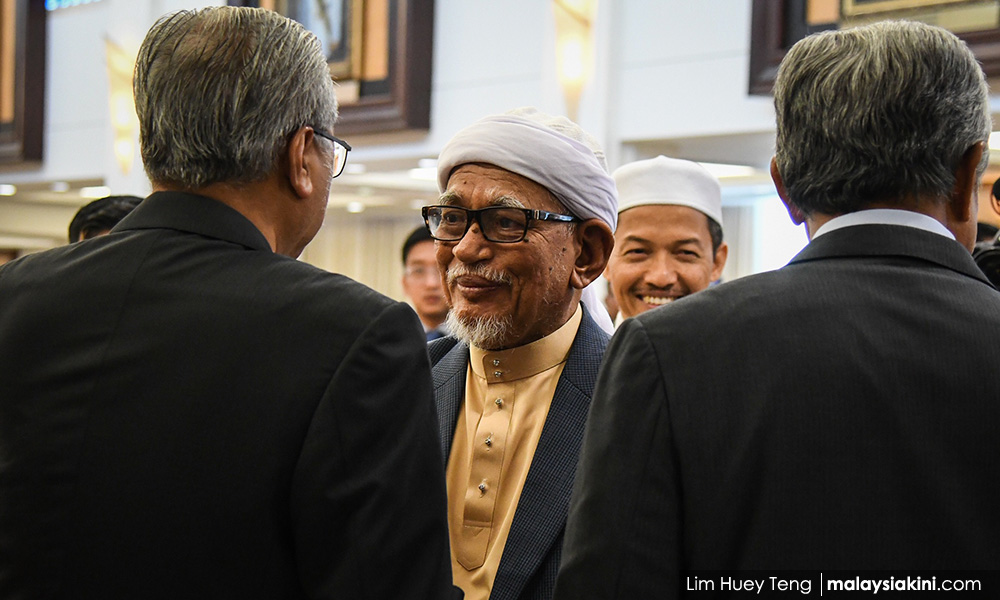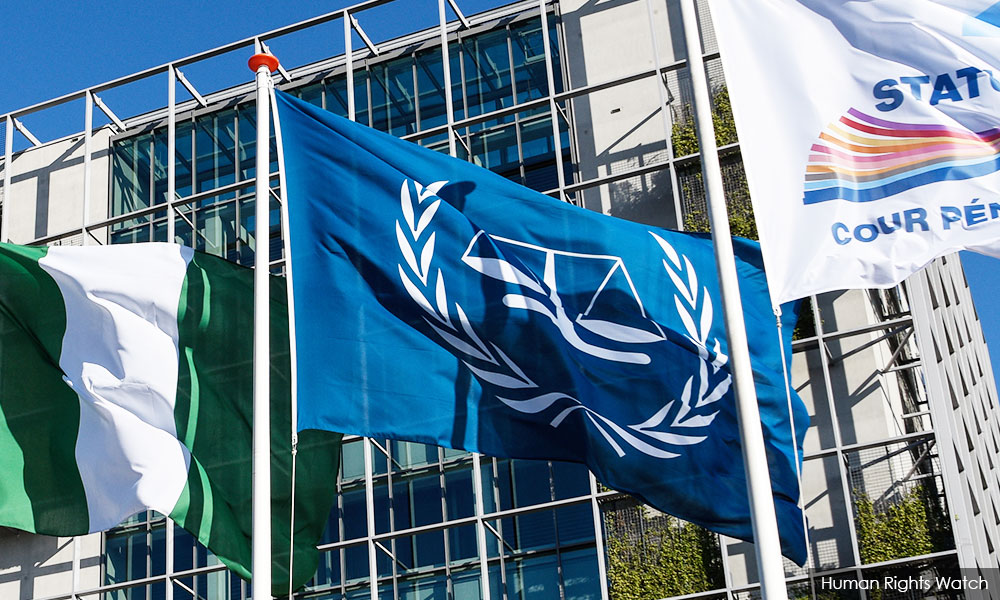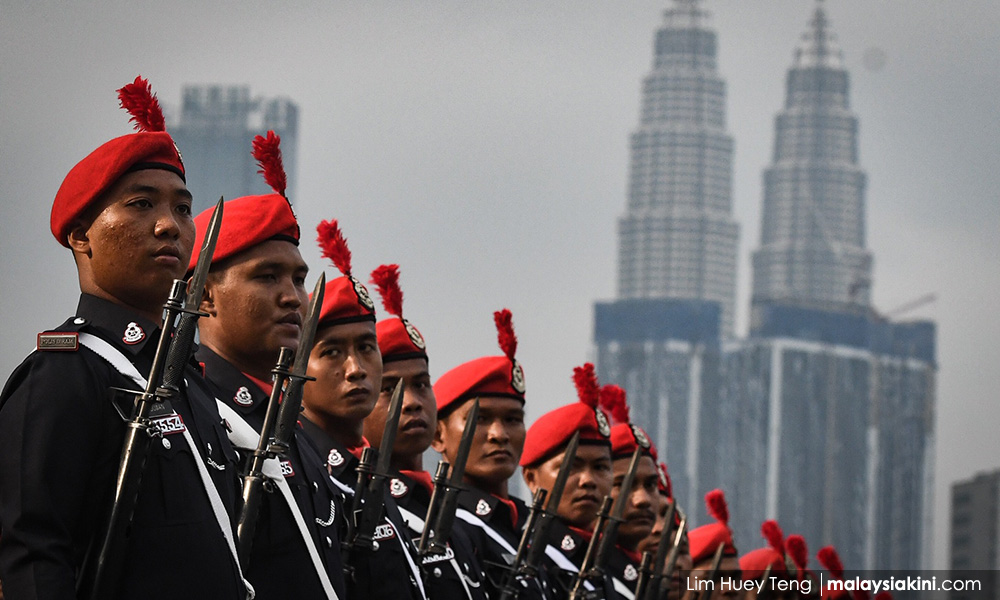
Published by Malaysiakini, images from Malaysiakini.
Tomorrow morning at 11am, a group of Malaysian NGOs are organising a public march from Padang Merbok to Parliament to demand the set-up of the Independent Police Complaints and Misconduct Commission (IPCMC).
On Friday (April 8), the police sent a letter to these NGOs stating that their notification of assembly was rejected. However, as the reply from the police came 10 days after their notification – instead of within the five days required by the Peaceful Assembly Act 2012 – the NGOs have decided that “the assembly shall proceed as proposed in the notification”, as per Section 14 (2) of the same Act.
The police are the first and most crucial line of defence when it comes to the protection of everyday citizens like you and I.
Theirs is a near-sacred duty to keep us safe from harm and crime.
In that, becoming a police officer should be one of the noblest callings a citizen can aspire to. After all, what can be more honourable than putting one own self at risk in order to ensure the safety of one’s fellow citizens?
Seeing as the reality we face today is not quite as such, we must ask the burning question: why?
Some might say it is because the majority of the police force lack nobility, honour and integrity. I do not for a second subscribe to such a prejudiced belief.
Instead, I choose to believe instead that the Royal Malaysian Police force is filled with honourable men and women who have a true, sincere desire to serve and protect.
Good cops, bad cops
Not so long ago, when the bar downstairs from my apartment was kicking up a racket at some ungodly hour, the police arrived and put an end to the noise mere minutes after I called them.
Much further back in history, when I was arrested under the Official Secrets Act, many of my police handlers treated me with kindness and respect, spent their own money to buy me the same lunch that they bought for themselves, and so on.
We have seen on a number of occasions how high-ranking police officers have stood up to do the right thing, even when their superiors demanded otherwise.

As wrong as it would be to assume that there are no good cops, it would also be wrong to pretend that there are no bad cops – this is as true for the police as it is for any other profession.
Examples of these I’m sure are much easier to come by. Most Malaysians will likely either have a first- or second-hand story regarding bribery.
Such systematic problems are bad, but nowhere near as dramatic as, the murder case of Altantuya Shaariibuu, for example, in which several police officers were implicated.
This case got a lot of media attention for various reasons, but this is sadly not the only dubious death that happened under police custody.
Illegal deaths in police detention
When I first started exploring human rights in Malaysia, I asked a senior colleague what he thought the worst problem in Malaysian human rights was, and he said: deaths in police custody.
This must have been almost 15 years ago. Sadly, in that time, we have not seen nearly as much improvement on this front.
In this day and age, even under the new government, Malaysians continue to die in terrifyingly suspicious circumstances in dark, unmonitored police lockup cells throughout the country.
Most of the victims are poor, and their families have no way or wherewithal to highlight how they have endured something no Malaysian should ever have to endure – the sudden, brutal, and unexplained death of a loved one while in police custody.
And now, no less an institution than Suhakam has announced its finding that activist Amri Che Mat and pastor Raymond Koh were the victims of ‘enforced disappearances’ at the hands of Bukit Aman Special Branch officers from the Royal Malaysian Police.
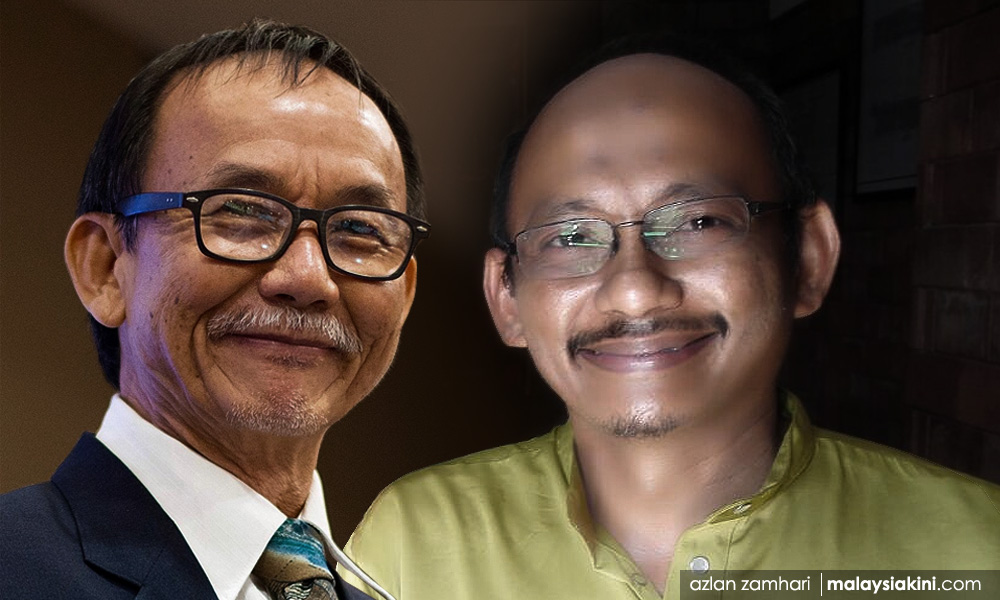
Surely this is too much, and too far.
Failure to address this issue vigorously and uncompromisingly would indicate that Malaysia is now a police state.
Moving forward from this point onward, the statesmanly thing to do is to think of how we can solve these problems comprehensively, and avoid any type of recurrence whatsoever.
Quis custodiet ipsos custodes?
Quis custodiet ipsos custodes? – who will watch the watchmen, asked the Roman satirist Juvenal.
The IPCMC is, of course, a pivotal first step. Without such an institution, we are left in a bizarre situation wherein the only institution capable of investigating the police are the police themselves.
This logic-defying state of affairs is lose-lose all the way around. Having cops investigate cops is bad for the morale of the police, as no cop would look favourably on another cop who found one of his brother or sister officers guilty.
Meanwhile, the results of any such internal investigation would inherently be suspected of being biased, especially as the police are very well known for always looking after their own.
In almost any other modern, functioning democracy, the police are subject to external investigators, as a form of check and balance. In America, for example, local police would be subject to investigation by the FBI and similar institutions.
It may be worthwhile for those pushing for the IPCMC to sell the idea as one that will ultimately benefit the police, by virtue of separating the good apples from the bad.
It will be a tough sell regardless, which is all the more reason why we need a concerted effort to bring on board and get input from the police as stakeholders in the process of setting up the IPCMC.
Improving police welfare
In parallel to pushing for the IPCMC, there must also be an equally concerted and genuine effort to improve the welfare of the 130,000 police officers in Malaysia.
Anyone who has been in typical police quarters can attest to the relatively low living standards police officers and their families are subject to.
According to the Public Service Commission website, the minimum salary of a constable (presumably what a police officer starts at, with at least SPM qualification) is RM1,014. The minimum salary of a full inspector, a position which requires a bachelor’s degree, is RM2,329.
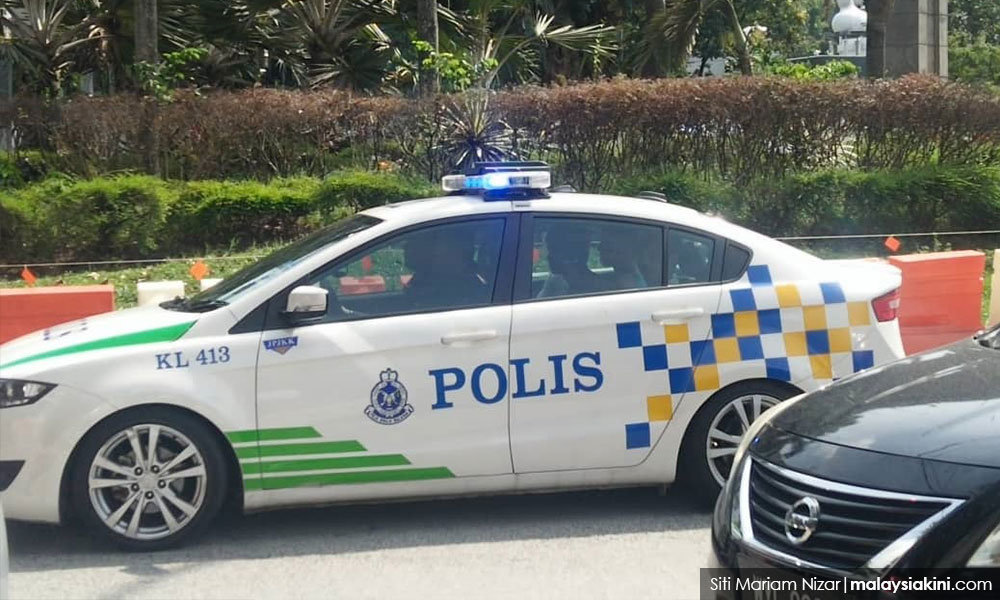
If we want our police officers to put their lives on the line for us while maintaining the very highest standards of integrity, we probably have to do better than that.
I believe that those marching for the IPCMC this Monday are not looking to attack the police, or besmirch a proud institution that was established as far back as 1807, the year Napoleon invaded Russia,
Rather these Malaysians carry the hope that the Royal Malaysian Police will be able to conduct their duty with dignity, and in the finest traditions of their proud heritage. It is every Malaysians’ hope that they will ultimately find their place as one of Malaysia’s most honourable and vital institutions.
Nathaniel Tan is Director of Media & Communications at EMIR Research, an independent think-tank focused on strategic policy recommendations based upon rigorous research.
